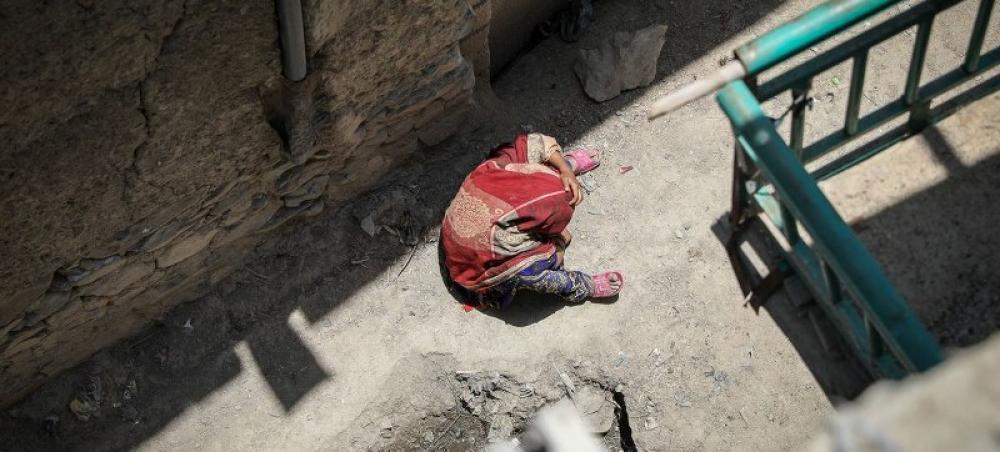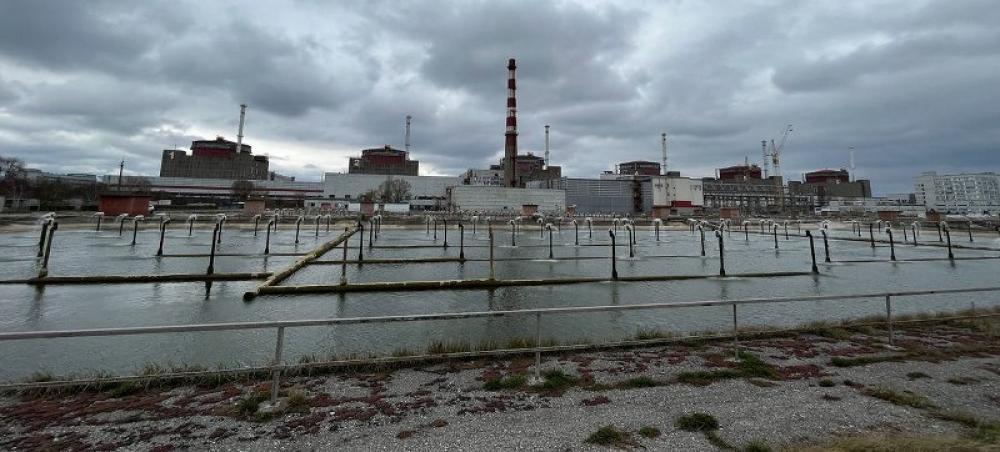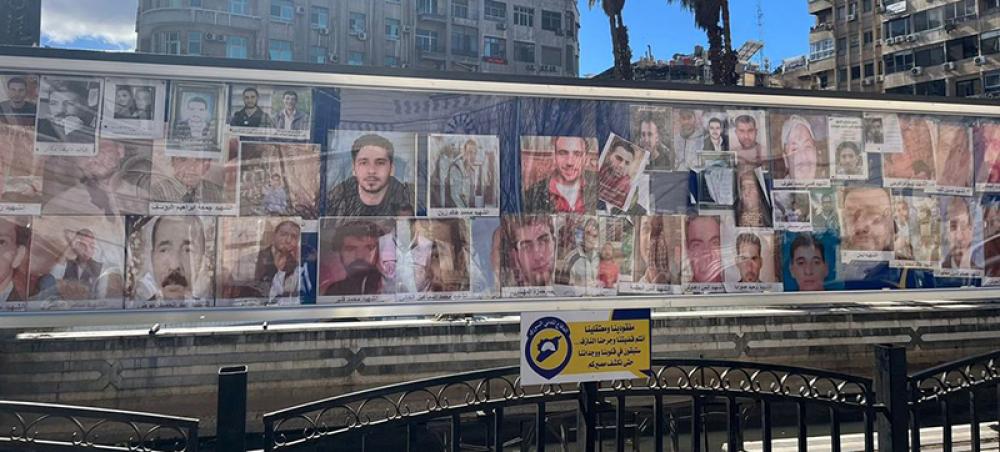Conflict
Crisis/Conflict/Terrorism UN seeks UNSC leadership to end suffering in Syria
26 Oct 2013, 11:29 am Print

New York, Oct 26 (JEN): After its call on all parties in Syria for humanitarian access to relieve the plight of civilians trapped by heavy fighting, the United Nations Security Council (UNSC) must show leadership to ensure cooperation for delivery of food and medicines, and protection measures, the United Nations Emergency Relief Coordinator urged Friday.
“I am extremely disappointed that we have not been able to make further progress on the ground,” said Valeria Amos as she briefed the Council this morning on the humanitarian situation in Syria.
“Three weeks have passed since the adoption of the Council’s Presidential Statement [on the issue]; with little change to report. Each day that passes without the parties upholding their most basic obligations results in more lost lives, more displaced people and more people denies access to the most basic services,” added Amos, who is also the Under-Secretary-general for Humanitarian Affairs.
On 2 October, the Council, in a Presidential Statement, urged the Syrian Government to immediately allow cross border aid deliveries, and also called on all parties to the conflict to agree on humanitarian pauses in the fighting, with special attention to key delivery routes.
The statement also deplored the escalating violence in a conflict that has already killed more than 100, 000 people and driven some 6.5 million other form their homes since opposition protesters first sought the ouster of the Government of Syrian President Bashar al-Assad in March 2011.
“Words, despite their ability to shock, cannot really paint a picture of the grime and gruesome reality of Syria Friday,” Amos said in Friday’s briefing. “I call upon all members of the Council to exert influence and take necessary action to stop this brutality and violence. This Council’s leadership role is vital.”
She said humanitarian pauses are needed in all locations “where communities are being held hostage by one party of the other to the conflict” to deliver food, medicine and shelter. “We need those who control the check-points, on both sides of the conflict to ensure the safe and unhindered passage of humanitarian convoys,” she added.
Amos also said that people must be allowed to move to safer areas without fear of attack and that he Syrian Government must immediately lift all bureaucratic impediments to humanitarian operation, including visa delays.
The suffering will only get worse as the fighting intensifies and winter sets in, she said, warning: “this is a race against time.”
Speaking to reporters after her briefing, Ammos reiterated her disappointment at the lack of progress in efforts to alleviate the suffering in Syria and said: “What we are seeing is a deepening of the crisis, more and more people affected and in particular I expressed my concern about the extremely brutal and violent nature of this conflict.”
Amos said she asked the Council to consider a number of measures which would help implement the Presidential Statement and had expressed the desire to discuss the issues in further detail.
She said Council members had listened to her proposals “very carefully” and had asked questions of their own, including on the attitude of both the Government and the opposition to the aims of the Statement; on the security situation and what might be hampering aid delivery; and on specific issues such as the situations of women and children.
“The situation on the ground has not fundamentally changed [since the adoption of the Presidential Statement]. What I need is the political support of the Security Council members and other Members of the United Nations to really make a difference,” she said.
Also Friday, the UN Children’s Programme (UNICEF) and the World Health Organization (WHO) announced that they had joined with other partners in mounting a large-scale immunization effort against polio and other vaccine-preventable diseases, in Syria as well as across region.
Inside Syria, a campaign led by the Ministry of Health began on 24 October. Around 500,000 children in the country had not been vaccinated against polio in the past two years due to security constraints, UNICEF said.
On the political front, UN Spokesperson Martin Nesirky said the Joint Special Representative for Syria of the UN and the League of Arab States, Lakhdar Brahimi, is in Qatar Friday, where he met the Emir to discuss the crisis and preparations for an international conference on Syria, to be held in Geneva.
He said that Thursday, Brahimi was in Turkey where he met with General Salim Idriss of the Free Syrian Army and 10 of his military commanders, and they also discussed the holding of a conference on Syria. “The Joint Special Representative reiterated his view that there is no military solution to the Syrian crisis and that all efforts should be exerted to stop the conflict and end the suffering of the Syrian people,” Nesirky said.
He said that before travelling to Doha, Brahimi met Friday in Ankara with Ahmet Davotuglu, Turkey’s Minister of Foreign Affairs, to discuss preparations for the Geneva conference. Brahimi heads to Tehran Saturday.
Under-Secretary-General for Humanitarian Affairs and Emergency Relief Coordinator, Valerie Amos, briefs the Security Council on the humanitarian situation in Syria. UN Photo/Mark Garten
More Conflict
- Ukraine intelligence officer gunned down in Kyiv
- One dies in West Bank shopping complex attack
- Pakistan: Nine passengers abducted, shot dead by armed gunmen in Balochistan
- Israel-Hamas conflict: Five IDF soldiers killed, 14 hurt in roadside bomb blast
- Israel-Gaza conflict: IDF eliminates Hamas north Gaza naval chief






